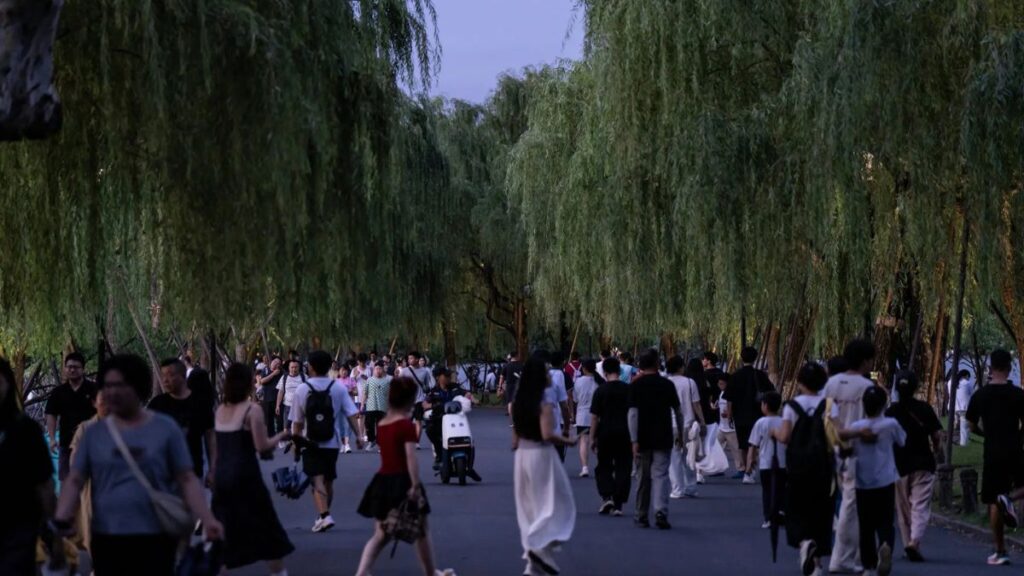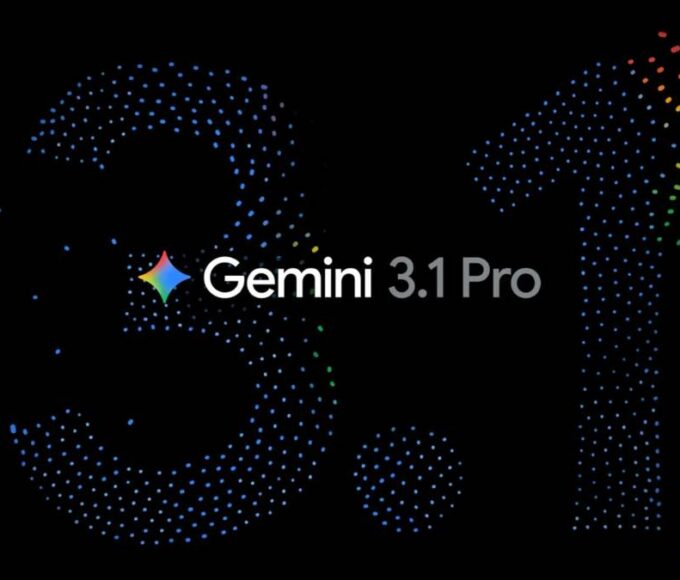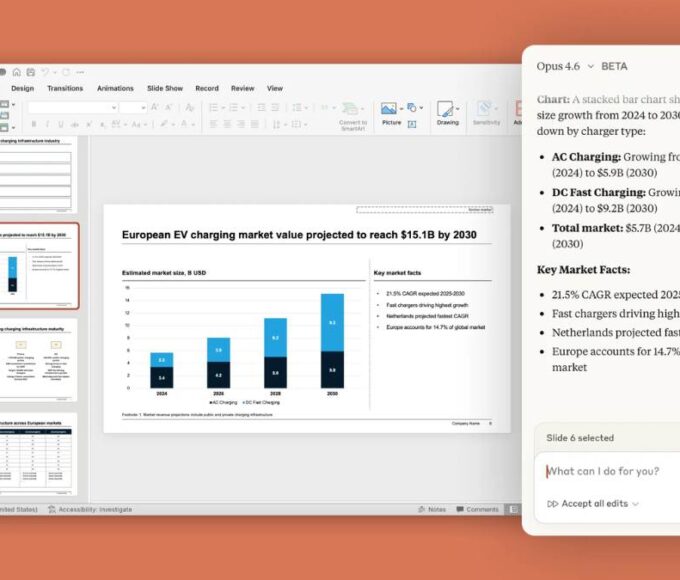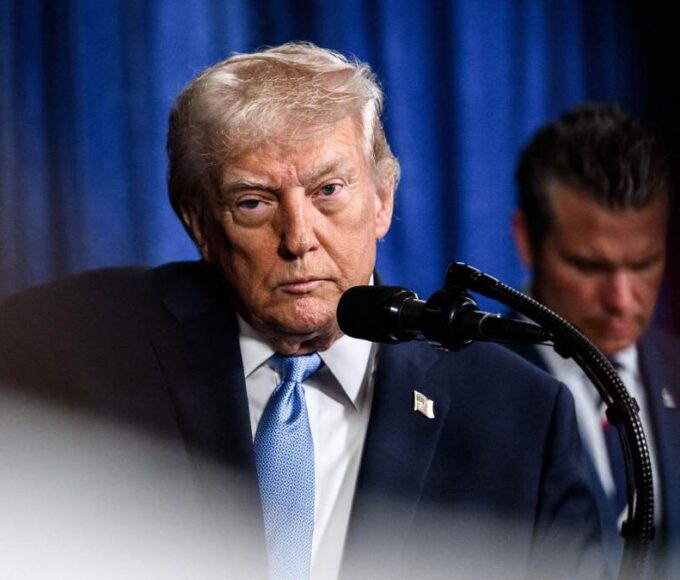China is rapidly expanding its artificial intelligence (AI) industry, spending billions of dollars to catch up with the United States and become a global AI leader. The Chinese government is using an industrial policy strategy similar to the one it used to dominate the electric vehicle and solar sectors.
In the past year, Chinese tech companies such as DeepSeek, Alibaba, Huawei, and ByteDance have developed open-source AI systems that now rank among the best in the world. This development followed OpenAI’s decision last July to restrict China’s access to its advanced AI models.
Since then, Chinese companies have focused on creating their own technologies, often using open-source methods that allow developers worldwide to contribute.
Beijing has spent more than a decade building up AI infrastructure. In April 2025, the government announced an additional $8.5 billion to support young AI start-ups. Cities like Hangzhou, known for companies like Alibaba and DeepSeek, have created special districts that offer office space, housing, and financial incentives to attract AI talent.
“China is applying state support across the entire AI tech stack, from chips and data centers down to energy,” said Kyle Chan, a researcher at the RAND Corporation.

One of the main challenges for China has been access to advanced computer chips. US restrictions on chip sales, especially from Nvidia, have pushed Chinese companies like Huawei and Semiconductor Manufacturing International Corporation (SMIC) to develop local alternatives. However, these chips still lag behind in performance and are difficult to produce in large quantities.
Unlike American tech companies such as Google and Meta, which privately fund their AI development, China’s government plays a central role in financing research, infrastructure, and data resources. To ensure that AI systems meet government rules, China has created special datasets based on state-approved information.
Some experts warn that China’s government-led approach may not always keep pace with fast-changing technology. For example, many Chinese firms focused on facial recognition before being caught off guard by the sudden rise of generative AI systems like ChatGPT.
OpenAI CEO Sam Altman has expressed concern that China’s open-source AI strategy could shift global technology standards. He has described the AI race as not just a competition over technology but also over values, calling for “democratic AI” to win over “authoritarian AI.”
Kevin Xu, founder of Interconnected Capital, said open-source technology gives China significant soft power. “Open-source is effectively the Hollywood movie or the Big Mac of technology,” he explained, suggesting that it helps spread influence worldwide.
As China makes more of its AI models open-source, engineers around the world can build on Chinese systems, while American companies continue to charge premium prices for access to their closed models. The competition between the US and China is likely to shape the future of AI development globally.











